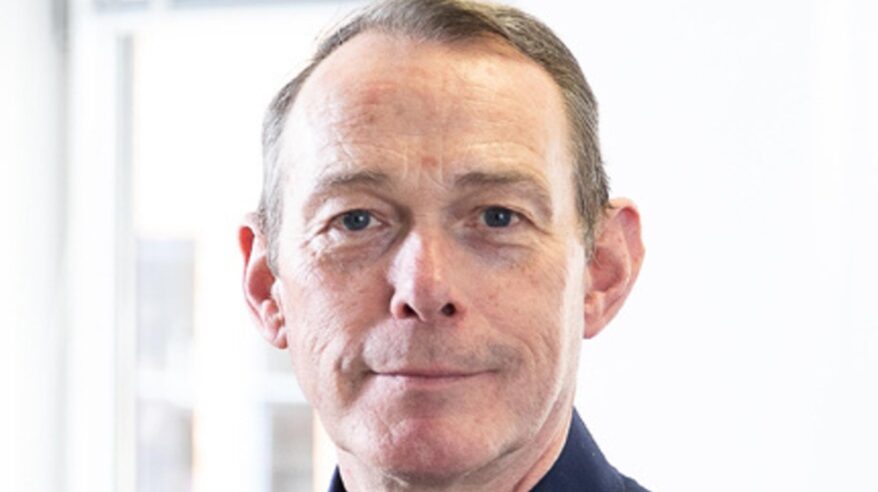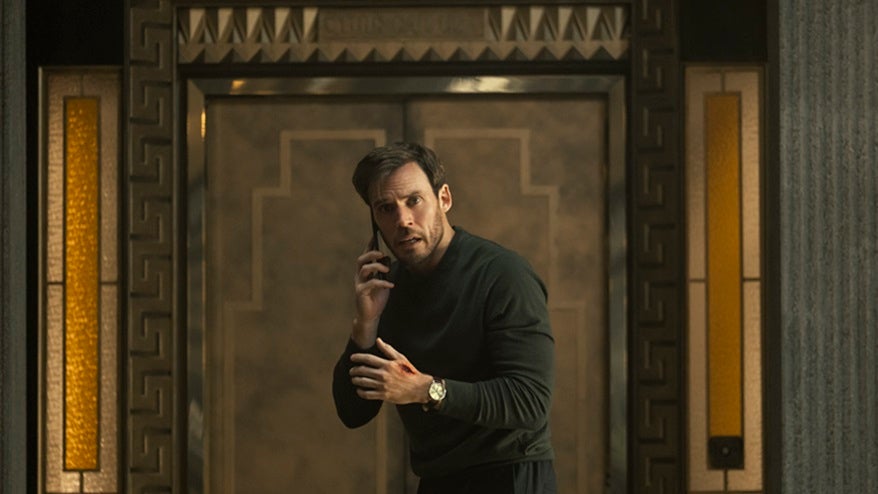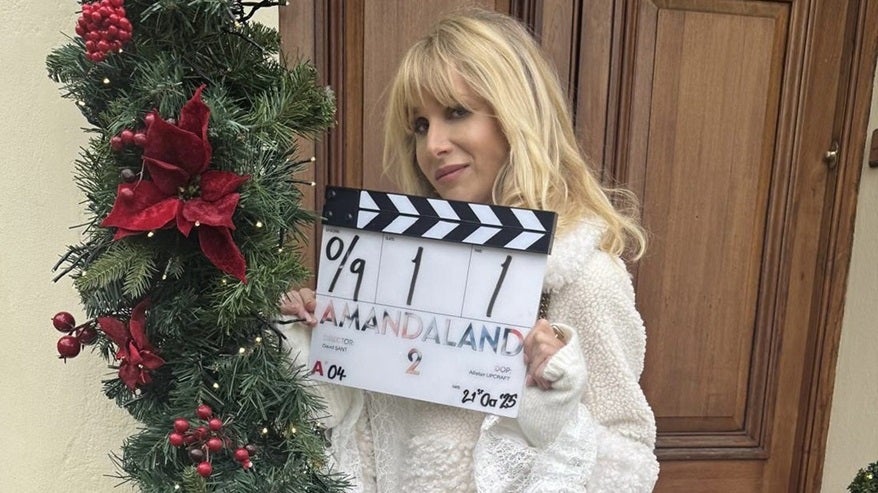Pact flags series of major challenges for indies

A flat market, declining spend on new IP, and difficulties for smaller producers to grow all emerge from trade body’s census
Pact has painted a picture of challenging market conditions for British indies, with the value of primary UK commissions falling and a downward trend of investment in new IP across the PSBs last year.
The trade body revealed the results of its UK TV Production Survey 2024 today (10 September, which shows total TV production revenues grew 1.4% year-on-year to £3.66bn, marking the second highest figure behind the £3.94bn recorded in 2022.
But chief executive John McVay contrasted the traditional 5%-8% growth of pre-pandemic years with the flat market of 2024, and primary UK commissions (from the PSBs and other domestic players) fell by £49m to £1.735bn, the lowest level in four years.
In a press briefing, the outgoing McVay said that although £3.66bn is a “good headline figure”, it indicates a plateauing market and a “much tougher” landscape.
“Where we were seeing year-on-year growth of about 5% previously, it’s now flattening off, and this may be the new business as usual or it may decline further- we don’t know yet,” he said. He characterised the 1.4% growth as “sluggish”.
New IP trends down
The amount of new IP commissioned last year was down pretty much across the board among the PSBs and other broadcasters (Sky and other multichannel groups), with 29% invested in new commissions against 71% invested in returning programmes. This 29% is a drop on last year’s 36% spend and 2022’s 34% spend.
This three-year pattern plays out across the broadcasters: the BBC has fallen from 41% to 34% to 32% between 2022 and 2024; Channel 4 from 21% to 21% to 17% in 2024; 5 from 48% to 36% to 24% and Sky and multichannel groups from 48% to 37% to 32%.
ITV was the outlier as its three-year new IP percentages stand at 27%, 58% and 37% for 2022-2024, although its role as a commissioner of indies is limited given its significant spend with its own ITV Studios labels (which is not recognised in this Pact data).
While McVay noted the necessity of returners to the UK’s production ecosystem, the other side to recommissions is that there is “less opportunity” for new ideas to break through, he said.
“It’s a bit concerning that BBC seems to be in decline, ITV seems to have gone for correction – it’s still higher than 2022 – C4 seems to be more limited, the others are as well. Now, of course, this may be because broadcasters have invested in returners or they’ve acquired more shows from elsewhere which are delivering for them, but new IP is what drives the indie economy,” he warned.
He also took a moment to bite back at Ian Katz’s statement last month that C4 is investing the most in British IP of all the PSBs.
“Channel 4 has dropped to a very low level in terms of the new IP that it’s commissioning. I agree with the statements that say we should be investing in new British IP, but that’s looking quite worrying in terms of the opportunities. If you’re a startup, then Channel 4 is maybe not as attractive as it once was,”
Drama hits record proportion of spend
McVay also highlighted that drama saw its highest proportion of spend ever at 42%, up on the previous year’s figure of 37% and edging ahead of 2019’s previous record of 40% spend.
The Pact census also revealed that production companies with revenues of over £25m accounted for 75.5% of total spend on drama. Effectively, the most expensive genre to produce skewers towards the bigger production labels.
McVay pointed to this increase in drama spend impacted other genres, such as factual and factual-entertainment, which saw a combined 28% investment last year.
“The [drama increase] is partly inflation, but it’s also partly broadcasters flipping their budgets [and changing their strategies],” he elaborated.
“If you look at C4, they’ve just commissioned a whole range of drama, more than they’ve ever ordered before. That money is coming from somewhere.”
McVay also reiterated his call for all broadcasters to be more transparent with their future spending plans on genre and volume basis. He said sharing such data would allow indies and freelancers to react more effectively to market trends.
Challenging times for smaller indies
McVay attributed the fact that bigger indies are securing most of the drama commissions to their ability to draw talent that broadcasters want. This reflects the broader messaging that is becoming increasingly harder for indies with smaller turnover to grow their businesses.
“If you’re a growing company in those genres, you’re in a very tough competition. It’s a fierce competition in drama, and there’s very, very good British and new producers working in drama,” he remarked.
In response to a question from Broadcast as to whether the pathway for smaller indies to grow has become harder to navigate, McVay said that it depended on the genre.
He pointed to lifestyle/daytime as one genre that concerns him.
“If I was setting up a business which was predominantly focused on lifestyle/daytime-type programming, I would be worried; I think it’s going to be really hard to get the commissions and the growth,” he said.
This article first appeared on our sister site, Broadcast.
Share this Article















